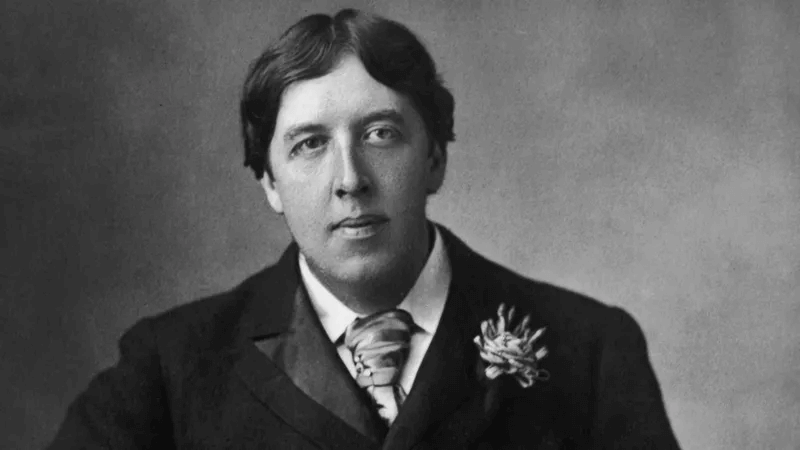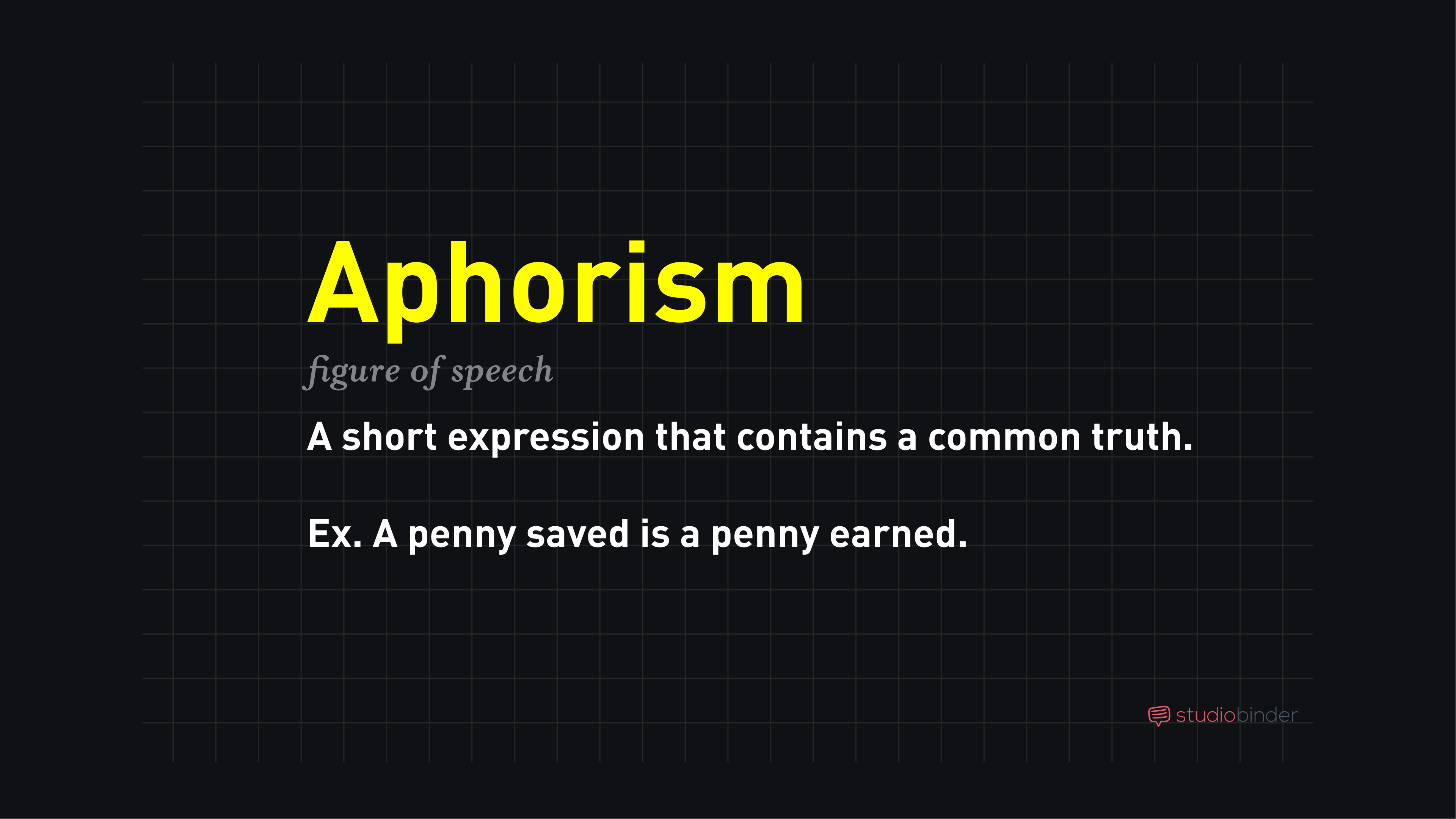Adages, idioms, axioms, aphorisms: what makes each unique? We’re going to break down what makes aphorisms unique by asking the question “what is an aphorism?” and by exploring aphorism examples. By the end, you’ll know what aphorisms are and how to utilize them in everyday writing and conversation.
Aphorism Meaning Explained
What does aphorism mean?
We can trace the origins of the word “aphorism” back to Ancient Greece with Aphorisms by Hippocrates. The aphorisms of Hippocrates largely revolved around propositions relating to medicine.
Here’s a short old aphorism list:
“LIFE is short, and Art long; the crisis fleeting; experience perilous, and decision difficult. The physician must not only be prepared to do what is right himself, but also to make the patient, the attendants, and externals cooperate,” often abbreviated and cited as “Art is long, life is short.”
“For extreme diseases, extreme methods of cure, as to restriction, are most suitable.”
Over time, aphorisms widened in usage, and started to be used to describe customary truths in concise manners. Here’s a quick video on aphorisms (with illustrations) from The School of Life.
Aphorism Definition by The School of Life • What is an Aphorism?
Now that we’ve reviewed the history of the term, let’s formally define aphorism.
APHORISM DEFINITION
What is an aphorism?
An aphorism is a concise saying that’s used to express a customary truth, such as “imitation is the highest form of flattery.” Aphorisms are often used to communicate negative connotations, like the saying “you made your bed, now you have to lie in it.”
Aphorism Definition and Examples
Alright, now we know what aphorism is. Let’s make sure we understand what it’s not.
What is an aphorism?
Aphorism common confusions
There are a couple other types of literary techniques which aphorism is sometimes confused with. Time to differentiate.
Aphorism vs Idiom
An idiom is an expression that has a meaning which couldn’t be discerned through a literal translation of the words it contains. Think of it as a term which would make no sense to a non-native English speaker.
Take, for example, “made it by the skin of our teeth.” We know that means it was a close call, but what about “skin of our teeth” means that, literally? Nothing. For more on idioms, check out this video:
Aphorism vs idiom
So sometimes an aphorism is also an idiom, like “you made your bed, now you have to lie in it.” We wouldn’t know without cultural context that that means you need to live with the consequences of your decisions.
Other aphorisms, however, don’t count as idioms. “Imitation is the highest form of flattery” is pretty straight forward: its words are not being used figuratively. So, not an idiom.
Related Posts
Aphorism vs Epigram
Aphorisms have a similar relationship to epigrams. Epigrams refer to brief, witty sayings. Pretty vague, right? Think of Oscar Wilde’s famous line, “I can resist everything but temptation.” Witty, yes. A truism that would fall under aphorism? Not quite.

Oscar Wilde
If an aphorism is particularly witty, it might fall under an epigram, but usually epigrams are specific to a single source/writer.
Related Posts
Aphorism vs Adage
Here’s an example of two nearly completely overlapping literary technique definitions. An adage is a short phrase expressing a general truth. Sound familiar?
Some argue that the slight difference between the two is that an aphorism is about a truth, and an adage is about a common experience. This video helps break down this distinction:
Aphorism vs adage
Others say that the difference between adage and aphorism is how long the term has been used. In this definition, an adage is just an older, more well-worn aphorism.
So it’s a blurry line, and you’ll see a lot of the same examples under both aphorisms and adages. All in all, you probably won’t get called out if you call an adage an aphorism or vice versa.
What is an Aphorism Used For?
Breaking down aphorism examples
Technically speaking, aphorisms are different from other sayings in their conciseness, as well as how they express customary truths over universal ones with strong emotive connotations.

Aphorism example • Aphorism literary definition
Aphorisms aren’t mutually exclusive sayings, so as to say that they can also be mottos or dictums. My advice? If a saying is short, reflexively truthful, and strongly emotive, you can say it’s an aphorism. You could also say it’s a million other things. Welcome to the dogma of the literary world.
Let’s set aphorism definitional semantics aside and look through some common aphorisms.
- “Actions speak louder than words.”
- “An apple a day keeps the doctor away.”
- “Do or do not, there is no try.” (Yoda from Star Wars).
- “Give a man an inch and he’ll take a mile.”
- “You can kill a man but you can’t kill an idea.”
- “Eat to live; don’t live to eat.”
- “You can lead a horse to water, but you can’t make it drink.”
Aphorisms are not, by definition, figurative. They can have figurative elements, but on the whole, they’re not figurative.
“You can lead a horse to water, but you can’t make it drink” is regarded as an aphorism because it is literal in its intent; yet one can still extrapolate figurative meaning.
The best aphorism examples state a customary truth in plain language. Keep this in mind when somebody asks you for an example: “all that glitters isn’t gold.”
Related Posts
Up Next
What is an Oxymoron?
Why is aphorism used? Well now you know. Aphorisms are sayings that reveal literal customary truths that often evoke figurative takeaways. Ready to learn more about sayings and phrases? Check out our next article on oxymorons in which we answer the question “what is an oxymoron?” by defining the term and by looking at examples in film, music, literature, and TV. By the end, you’ll know the art of side-by-side contrasting language.

